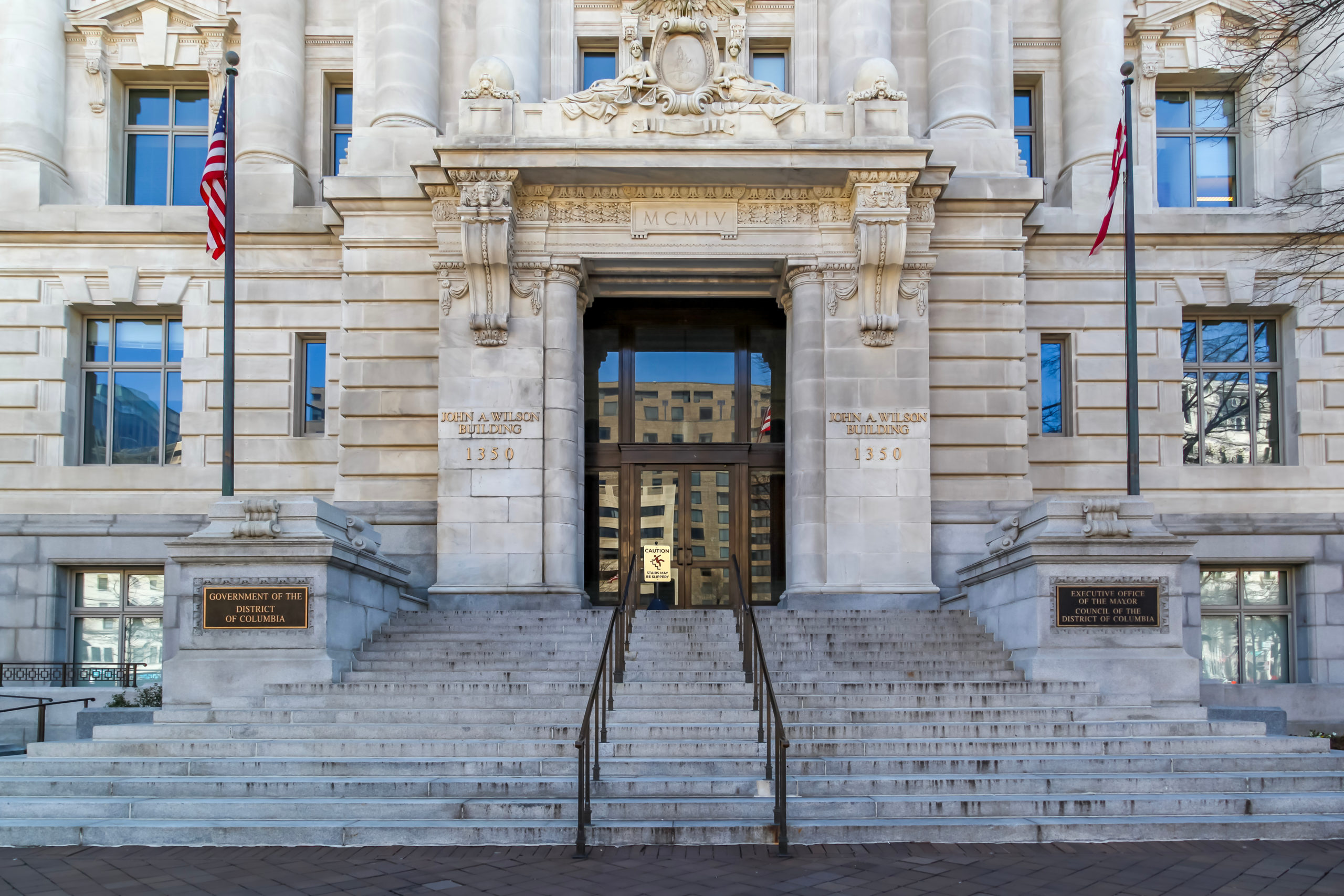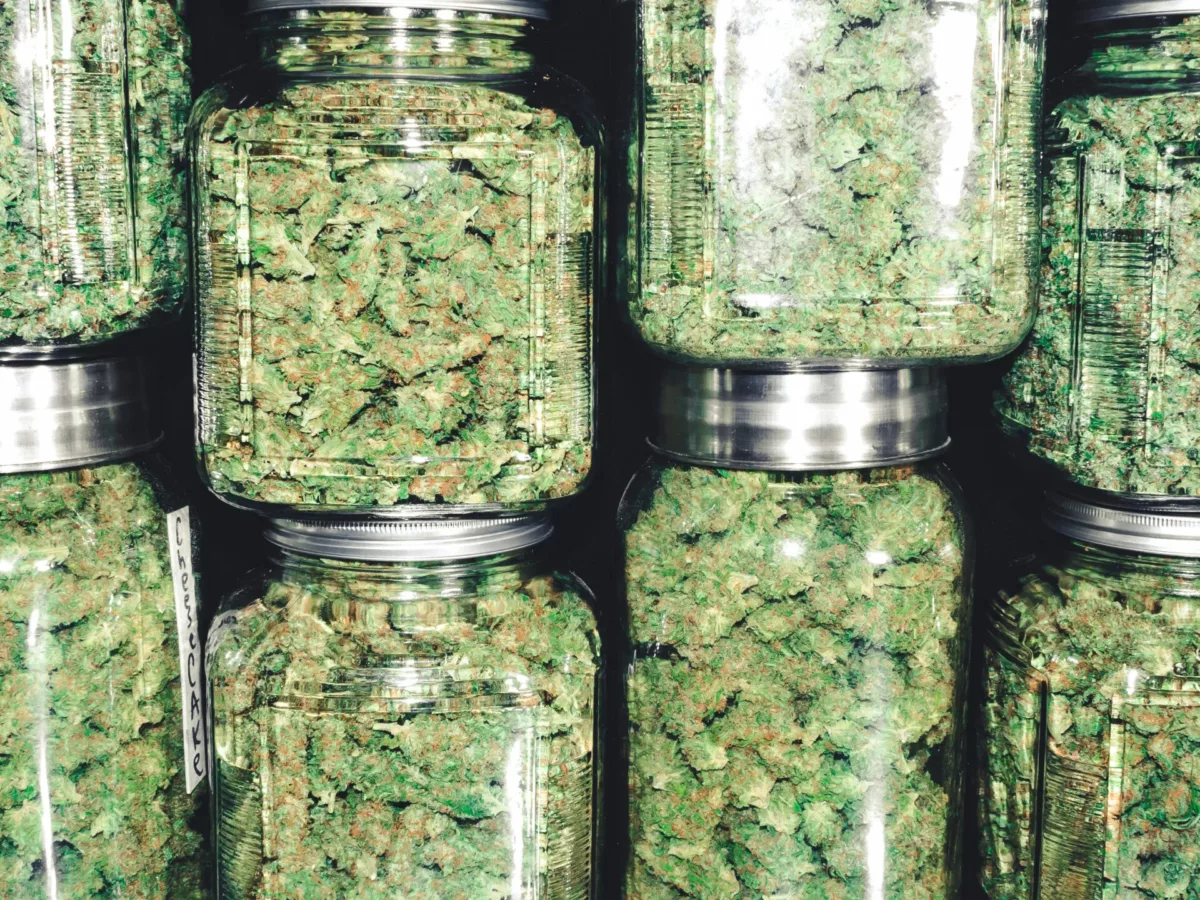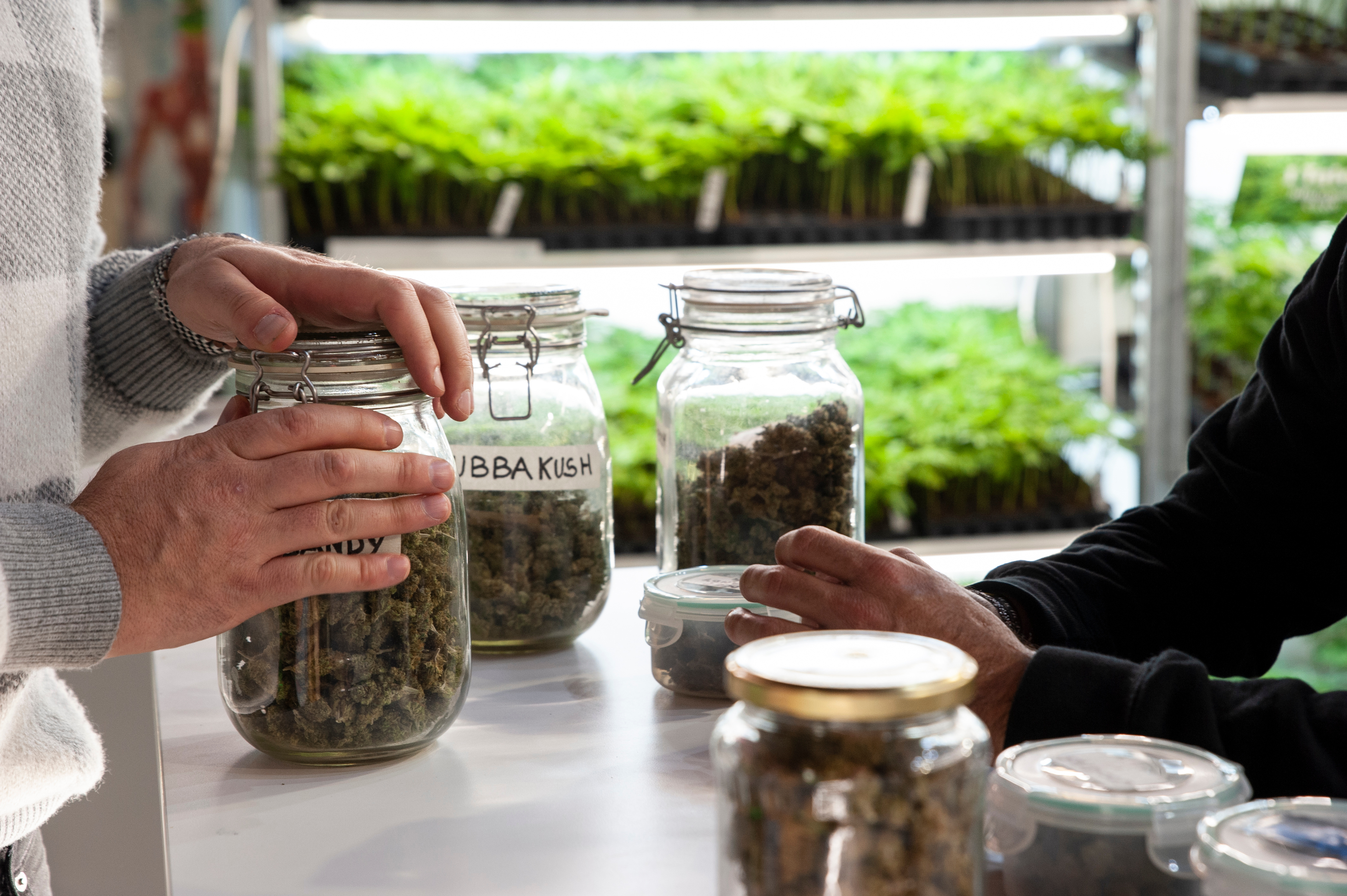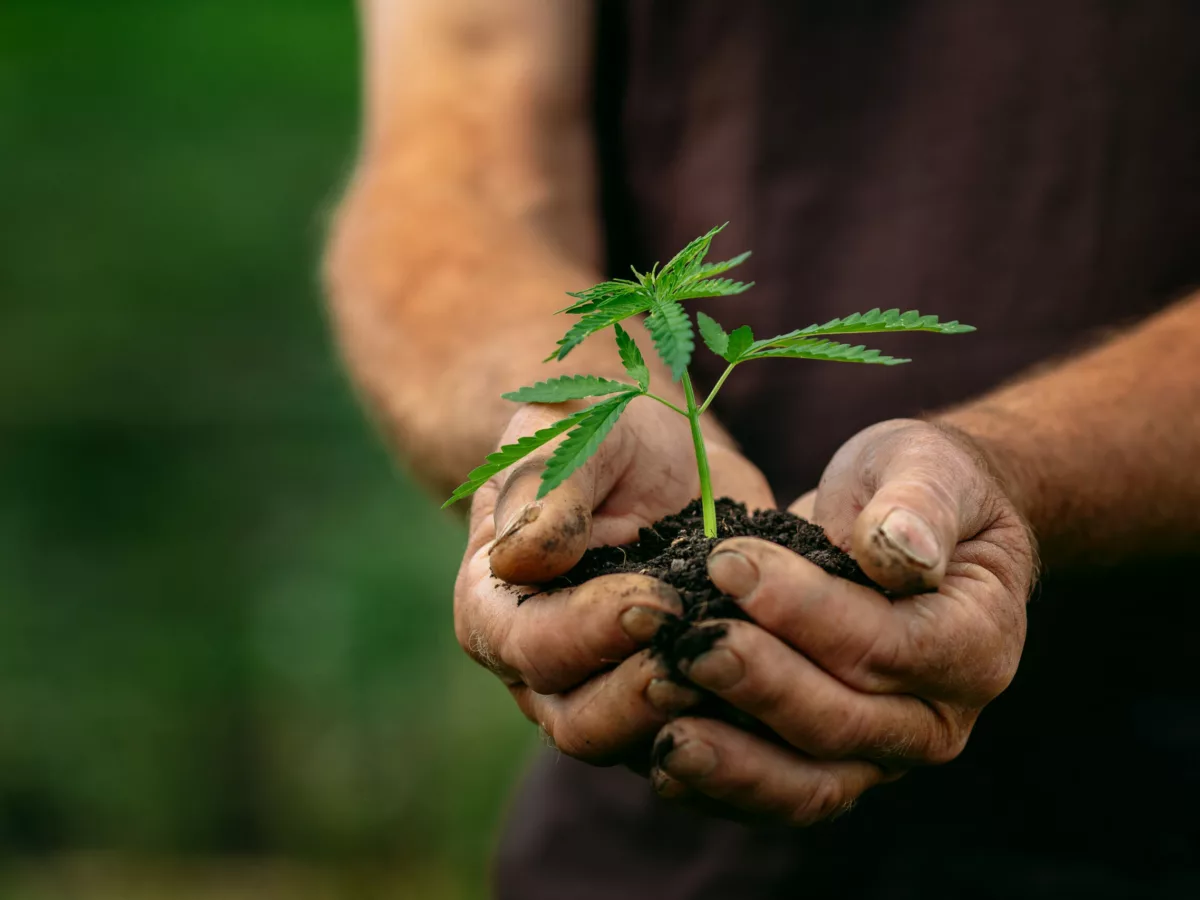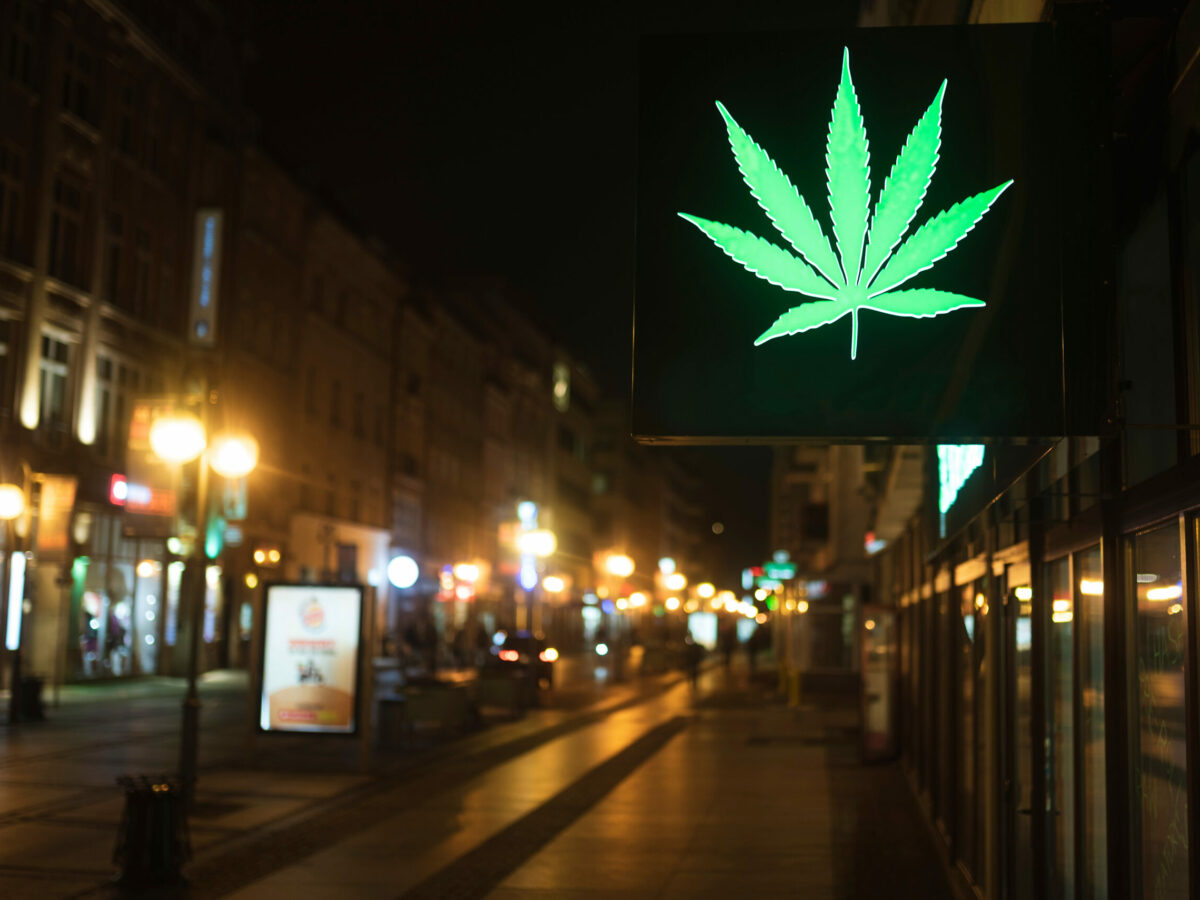The D.C. Council on Tuesday unanimously approved an emergency bill allowing adults to register for the District’s medical cannabis program simply by “self-certifying” they use pot for medical purposes.
The measure, introduced by Councilmembers Mary Cheh (Ward 3) and Kenyan McDuffie (Ward 5), does away with the need for a doctor’s note to purchase weed at any of D.C.’s seven licensed medical dispensaries. Once it goes into effect, adults 21 and older will theoretically be able to walk into a dispensary, sign a piece of paper, and walk out with weed on the same day.
As an emergency measure, the bill doesn’t require a second vote by the council or approval from Congress. It now heads to the desk of D.C. Mayor Muriel Bowser for a signature, and is set to expire 90 days after taking effect.
Though the new law is poised to make a significant wave on D.C.’s cannabis market, it was approved after only 15 minutes of discussion by all 13 members of the council.
Cheh said self-certification would make it easier for patients to obtain medical weed while helping licensed weed dispensaries win customers back from the gray market. She said the need for a doctor’s note has led many patients to abandon licensed medical dispensaries in favor of “illicit” weed storefronts – colloquially known as “gifting” or “pop-up” shops.
“The time and cost required to gain access to medical dispensaries is just not worth it to patients who can walk into a gray market store illegal operation and buy marijuana immediately without any hurdles,” she said.
McDuffie said medical dispensary owners reached out to tell him that failing to pass the bill would put their businesses at risk. “We don’t want to do that,” he said, adding that he is working on a bill to make self-certification permanent.
Councilmember Janeese Lewis-George (Ward 4) said self-certification would put medical dispensaries on an even playing field with gray market shops, which don’t ask for a doctor’s note.
“Our medical cannabis dispensaries have been playing by the rules, hiring and purchasing locally and paying a steep price for doing so because they are in full compliance with local tax rules,” Lewis-George said.
D.C. Council Chairman Phil Mendelson said the bill wouldn’t fully level the playing field for medical weed dispensaries because “gifting” shops still won’t pay taxes on weed sales and won’t be subject to regulations. He repeated his by now familiar calls for stricter enforcement against unlicensed weed businesses.
“What we need to be doing is we need to be increasing the penalties so that is economically disadvantageous to operate an illegal operation,” he said.
In April, the council narrowly turned down a similar self-certification bill by the chairman because it contained provisions to crack down on weed “gifting” businesses, which use a loophole in local law to sell pot without a license.
Mendelson said he hoped the council would soon reconsider penalties against “gifting” shops, calling them “out-of-state operators” that are “dominating” D.C.’s weed market. “They’re not local businesses, they’re not minority businesses, they’re out of state,” he said.
He said the existence of unlicensed weed businesses is a “consumer safety issue” because there’s no product control or testing on D.C.’s gray market. That point was also brought up by Cheh and Lewis-George, though no one mentioned that D.C.’s medical cannabis program still doesn’t have a licensed testing lab, and that some patients have been harmed by products purchased at medical dispensaries.
Since last fall, local weed advocates and industry groups have fought back several attempts by Mendelson to pass legislation that would ramp up enforcement against unlicensed weed businesses. Groups like the I-71 Committee and Generational Equity Movement have rallied around the message that a crackdown on the gray market – whether through civil fines or criminal penalties – would take a disproportionate toll on the many Black D.C. residents who own and work at “gifting” shops.
The chairman, who recently won his re-election bid, has been on a mission to shore up D.C.’s medical weed industry, which he claims is struggling due to unfair competition from unlicensed weed shops that face fewer regulations and don’t pay special sales taxes on weed sales. Mendelson has already gotten several bills passed that aimed to give medical cannabis operators a boost, including one that lifted restrictions on dispensaries and cultivators and another that created a 4/20 tax holiday for the industry.
In essence, allowing patients to self-certify would transform D.C.’s medical cannabis program into a de facto recreational one, and could set off a confrontation with Congressional Republicans, who for years have blocked District officials from launching a regulated market for adult-use weed.
Rachel Donlan, an advocate for legalization and the director of consumer advocacy for the DC Cannabis Business Association, said the council’s vote on Tuesday legalizes adult-use cannabis sales in the District without punishing “enterprising” cannabis gifting shops.
“The kind of people that will benefit are veterans dealing with trauma, cancer patients suffering through chemo and the average American trying to get a good night’s sleep,” Donlan said.
The council is also considering a more permanent medical cannabis bill by D.C. Mayor Muriel Bowser that includes provisions to authorize patient self-certification. That measure, which has yet to receive a vote, would require direct ratification from Congress.
